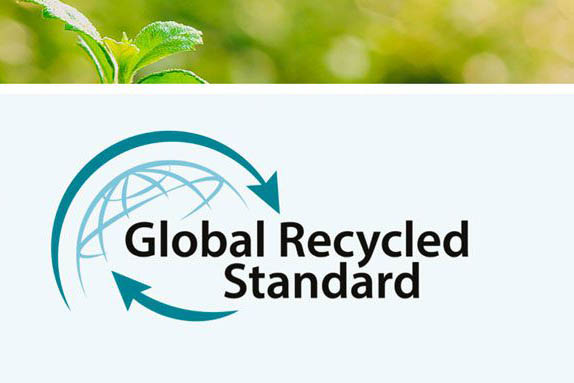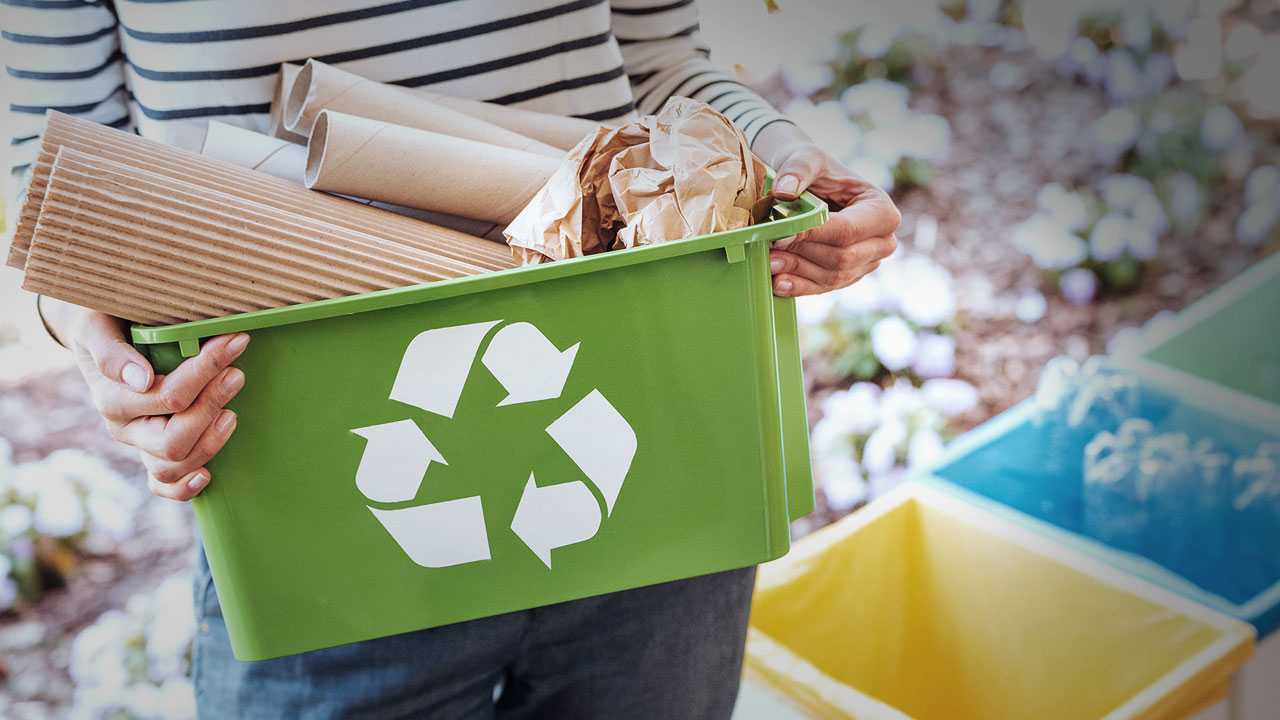
I. What is GRS?
GRS stands for Global Recycled Standard . This is a standard that verifies input materials, complete supply chains, environmental principles, social requirements, and chemical content in recycled products.
The GRS was developed by Control Union Certifications in 2008, and transferred ownership and development to Textile Exchange on January 1, 2011. In 2012, the organization revised the standards to establish stronger chemical requirements. Accordingly, an International Working Group (IWG) was established to change and supplement the new standards.
II. What is the purpose of GRS certification?
The GRS standard applies to all products from any industry, provided that the product contains a minimum of 20% recycled content. Therefore, the goal of GRS certification will be to:
- / Verify the recycled chemical content present in the final product;
- / Encourage the use of recycled materials;
- / Providing businesses and consumers with a support tool to make the perfect choice;
- / Minimize negative impacts on people and the environment during the production process;
- / Ensure products are processed for the most complete recycling;
- / Increase the percentage of recycled content in products.

III. GRS criteria
Below are the specific criteria required for specific GRS review:
1. Verify recycled materials
Verified materials must meet ISO standards for recycling, and can accept both pre- and post-consumer materials.
2. Responsible production
GRS manufacturing processes are committed to strict environmental and social regulations. Hazardous chemicals are not allowed on GRS labeled products
3. Supply chain management
The origin of recycled materials must be transparent, including who produced them and the final recycled product.
4. Trusted Certification
A third party certification body needs to verify and monitor each stage in the supply chain.
5. Build credibility
Products that meet all requirements after inspection are allowed to bear the GRS label.
6. Stakeholder oversight
GRS is also managed by other organizations including recyclers, suppliers, traders and retailers worldwide.
IV. Practical value of GRS certification
Thanks to the application of GRS certification, businesses today will receive the most practical benefits in building and affirming brand value in the market:
GRS label can be used on the company’s products after certification.
Build a quality traceability system, clearly verifying product information.
Manage the origin well and avoid contamination risks through product certification or management systems.
Enhance reputation and build trust with customers and partners.
Increase competitiveness for products and brands.
Fully meet the necessary conditions when importing international goods.
Expanding business market and product consumption to the world.
Demonstrate corporate social responsibility and obligations while promoting a strong brand reputation.
With the detailed sharing above, you have a better understanding of the importance of GRS certification for product recycling of businesses. With many years of experience in the packaging industry, HM Export Co always adheres to the necessary principles, uses high-quality raw materials, meets GRS standards to bring recycled packaging products, quality biodegradable bags , safe for consumers’ health.
